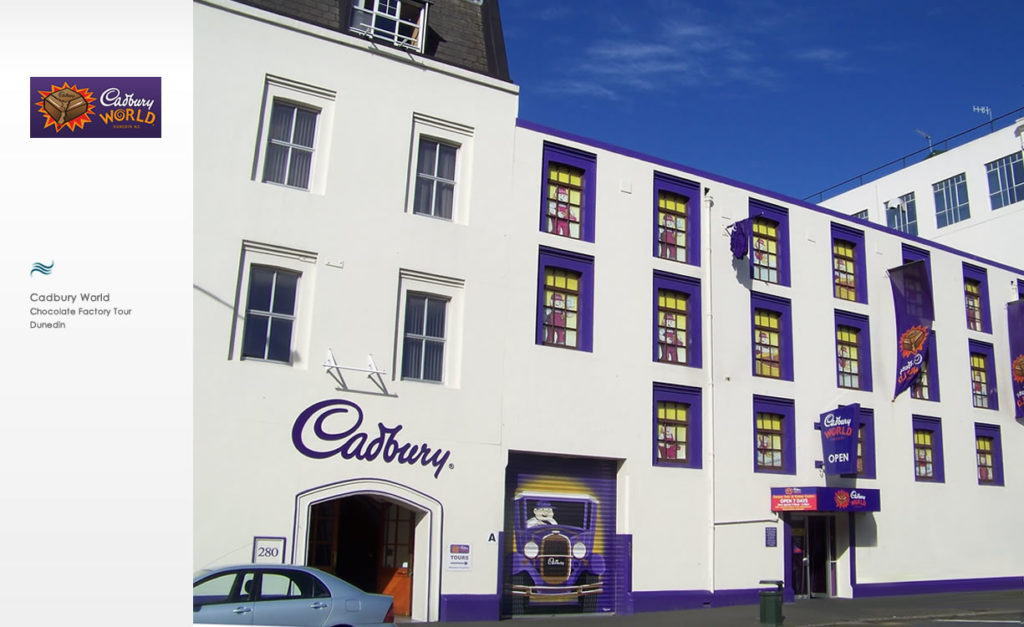PAT PILCHER has been thinking about New Zealand’s considerable problems as the election looms, and provides his five fixes. What are yours?

#1 Sane Politics
You’d be forgiven for thinking Parliament was where the producers of that ‘70s kiddies show, Romper Room, set up shop after the show was decommissioned back in 1980. We’re bombarded with stories of shonky happenings from within all political parties, and this really needs to stop.
In a country the size of New Zealand, the government is the most powerful force impacting on our futures, yet it seems that the decisions, policies and actions of those in power are often wildly out of step with the greater good of New Zealand or New Zealanders.
How much of this is due to political lobbies is hard to determine, but all of that needs to be kept well away from political process. My first fix involves a publicly viewable register detailing who the political lobbyists are, who they represent, and which politicians they are dealing with. This should be supplied to any New Zealand media who ask for it on a weekly basis.
Speaking of political sanity, how about getting all the political parties together, sitting them down and hammering out some consensus on an agreed set of long term targets, goals and the initiatives needed to make them happen? As it stands, point scoring and ideological differences that most voters don’t give a shit about create a political ping-pong situation that sees an unholy amount of taxpayer money wasted erecting schemes that only get dismantled when the government changes. Real change takes longer than a three-year electoral term.
Unemployment has been a political hand grenade for decades, yet we have the bizarre situation in New Zealand of unemployment being at a mere 4.9 per cent while massive skill shortages loom large across many industries and trades.
That we have both unemployment and a skill shortage should be cause for national outrage.
Clearly the wrong skills are being prioritised. Universities need to be brought under control. They receive an unholy amount of taxpayer funding, yet seem to crank out grads who have qualifications that don’t fit what the job market wants. I’m not saying that non vocational qualifications are a bad thing, but surely If someone wants to take university papers on a subject that will equip them with skills needed by the job market, then the fees charged should reflect that. University Fees for degrees where there is a glut of unemployed graduates should be raised.
It isn’t just universities either. Although the apprenticeship scheme has been somewhat resurrected, it needs to be given greater priority. Perhaps technical institutes focused on delivering practical qualifications could be resurrected too.
Equally important is the lack of critical thinking in many western democracies, including New Zealand. The dumbing down of humanity is a very real problem that has huge knock-on impacts that ultimately affect shape the quality of a democracy.
 If you doubt me, take a look at the US and UK situation. People in both countries failed to adopt a sceptical stance, swallowing empty political promises unquestioningly. Now the UK faces huge challenges as it exits the EU. The situation in the US is even scarier. Blind acceptance of Trump’s bizarre policies have transformed the US into a nuclear armed wildcard whose next moves no one is able to guess.
If you doubt me, take a look at the US and UK situation. People in both countries failed to adopt a sceptical stance, swallowing empty political promises unquestioningly. Now the UK faces huge challenges as it exits the EU. The situation in the US is even scarier. Blind acceptance of Trump’s bizarre policies have transformed the US into a nuclear armed wildcard whose next moves no one is able to guess.
Let’s learn from their mistakes and encourage critical thinking in our kids. Let’s make sure that questioning the status quo instead of blindly accepting it is the norm.
Education may play a key role, but so does the media. Fixing this is a much trickier matter. As the Fourth Estate, the media is supposed to question authority and to hold those in power to account. Sadly, investigative journalism in New Zealand is being trampled under the weight of endless Kardashian/celeb stories or low-fi garbage off the wire from offshore newspapers that is barely relevant to New Zealanders. While there is no doubt that the value of investigative journalism needs to be emphasised, saving it isn’t an easy undertaking.
#3 Welfare
 Speaking of unemployment, what is with the beneficiary bashing we read so often in the comments section of most national daily papers?
Speaking of unemployment, what is with the beneficiary bashing we read so often in the comments section of most national daily papers?
That our PM seems to think it is okay to call low wage workers and the unemployed a bunch of stoners is appalling, and endorses an ugly mindset in the New Zealand public.
Targeting the unemployed is both over-simplistic and incorrect. The biggest source of welfare expenditure in NZ according to the treasury is superannuation and education. The unemployed need our help to get back into the workforce, not condemnation.
#4 Drugs
 While getting rid of drugs is a nice idea, the reality is that the stable door is swinging and the horse (drug mule?) has well and truly bolted.
While getting rid of drugs is a nice idea, the reality is that the stable door is swinging and the horse (drug mule?) has well and truly bolted.
Our best bet for combatting a growing drugs problem is a combination of education, policing and sensible laws. It isn’t a huge secret that the war on drugs has proved unwinnable over the last 40-plus years.
Perhaps a more enlightened approach is needed. Portugal legalised all narcotics without turning into a Mediterranean version of reefer madness. Similarly, weed and other narcotics are decriminalised in the Netherlands, but the most serious crime in Amsterdam (which is arguably Europe’s stoner capital) is bicycle theft. This is starkly at odds with the drug related crime and violence we have in New Zealand.
Perhaps a taskforce is needed to investigate possible legislation, and to cut through the emotive, political bullshittery surrounding the drugs issue?
#5 The Economy

A lot of the problems facing NZ’s economy stem from its unbalanced nature. Aucklanders are suffering from out of control growth as traffic crawls to a halt while house prices skyrocket. Ironically, the further south you look in New Zealand, the worse the economic outlook becomes. Further exacerbating things are foreign owned corporates who often treat NZ as little more than a petty cash tin for the Australian arm of their corporate fiefdoms.
Encouraging growth in the regions is critical, as is taking some heat out of Auckland. Saying this as part of a wish-list of national fixes is easy, but implementing it is likely to be nightmarish. Combating uneven economic growth should require a multiplier is placed on company taxes based on a their geographic location and what staff are paid in each location. Because people move to Auckland in search of jobs and corporates move to Auckland because it is where New Zealand’s biggest pool of population is, you get a messy circular causation. If a business is located in Auckland it should pay more tax, and if it’s in another region where growth is needed, it should pay less (depending on the state of that region’s economy). Popping the Auckland bubble could be political suicide, but it needs to be done, or New Zealanders regardless of where they live will all suffer in the long term.
It isn’t just an issue of Auckland vs the regions, either. The larger issue involves foreign owned business operating in New Zealand. We need to tax businesses who have more than a pre-specificied percentage of offshore ownership based on the amount of New Zealanders they employ in NZ. We also need to introduce tariffs on their goods/services based on the amount of company tax they pay. If they pay their fair share of company tax, the tariff is nil, if they avoid paying their fair share then they get hit with a tariff. It would be administratively difficult to put in place but they’d soon be paying their fair share of profits back into New Zealand.
Putting it simply, there are way too many foreign owned businesses that are taking the piss. We are not a state of Australia, and the tax avoidance schemes of many of these businesses sees them putting little to nothing back into our economy, even though they hoover vast amounts of money out to their foreign owners. Adding insult to injury, this is often done using NZ employees educated at taxpayer expense and other NZ tax payer funded infrastructure. Many of these businesses are also little more than warehousing and sales operations with the actual business run remotely out of Australia. This deprives Kiwis of skilled, well-paying jobs and stunts New Zealand’s money-go-round. What is the point of this supposedly free trade when it is disadvantaging so many to line the pockets of people who don’t even live here?
This Is The End, My Friend
Here’s the rub. None of these suggestions will work just as policy initiatives, many will require cultural and mindset change. This takes time, political consensus and patience. We need to set aside old notions of right vs left, look to the future and plan. Most importantly of all we just need to get on with it.
Do comment and tell us about your ideas or objections. This is an issue that needs to be debated.
* This story was inspired by a Stuff piece called ‘Seven Steps To Save NZ By 2020’.















